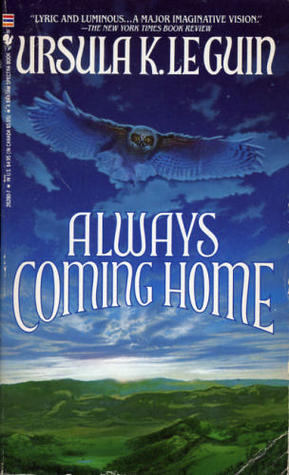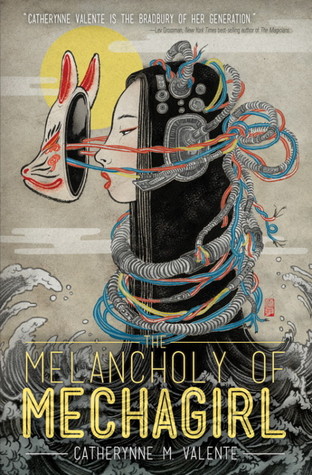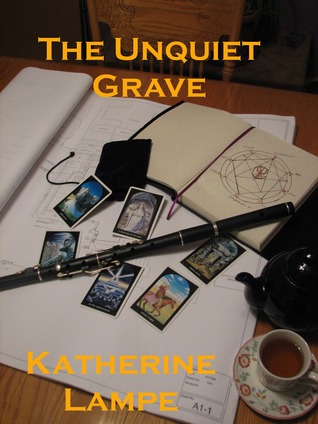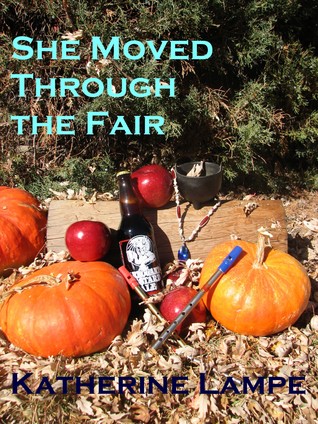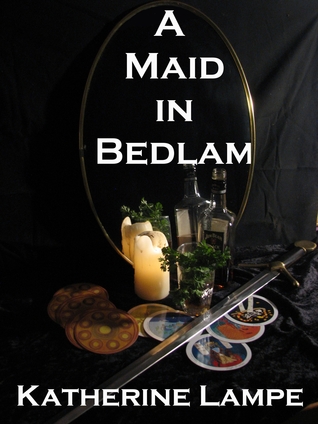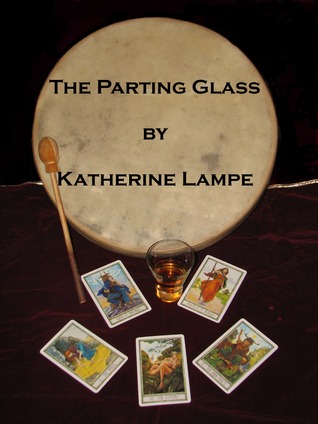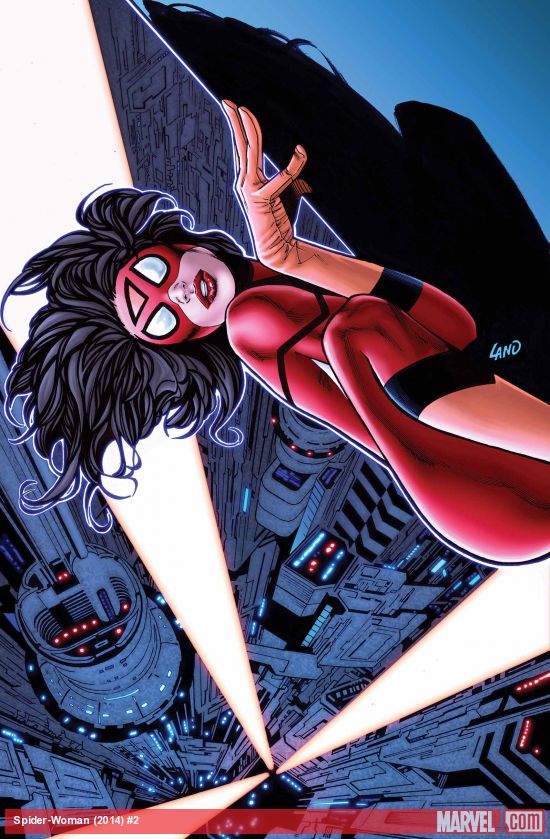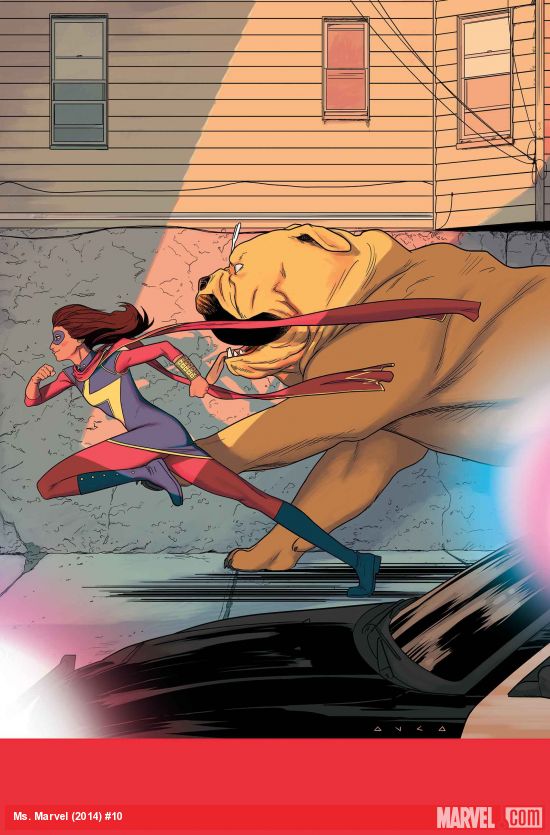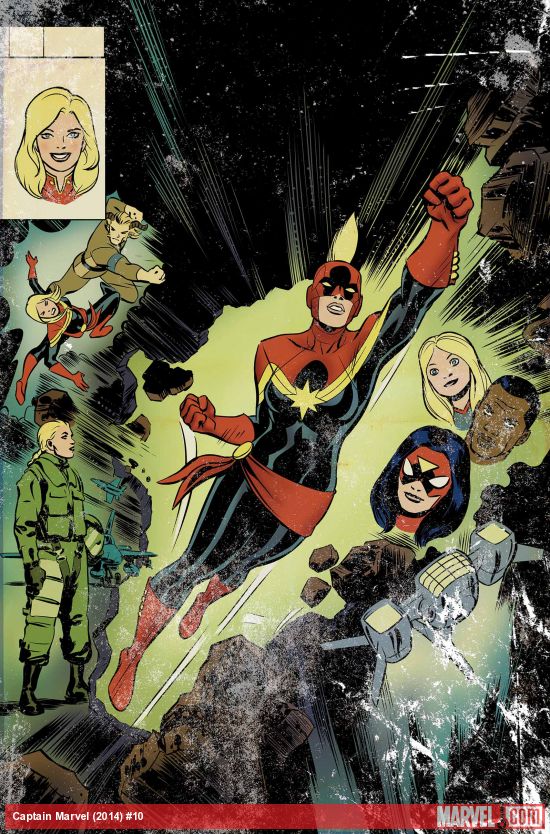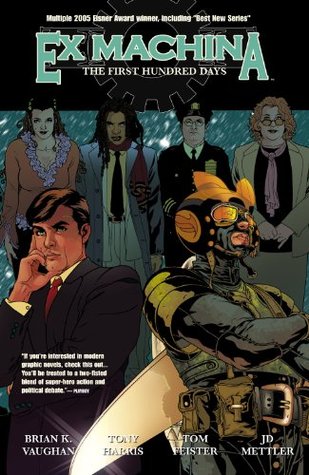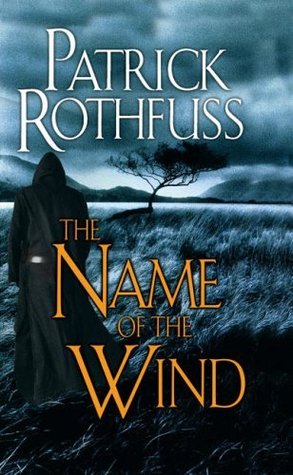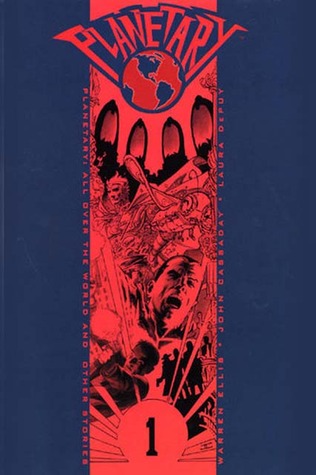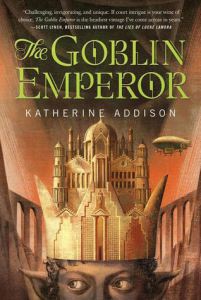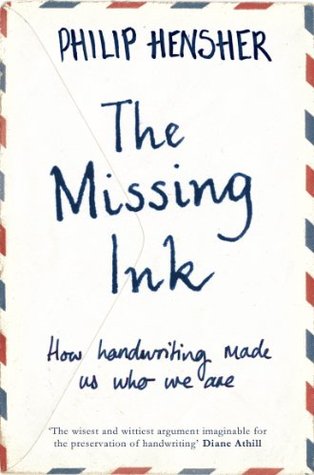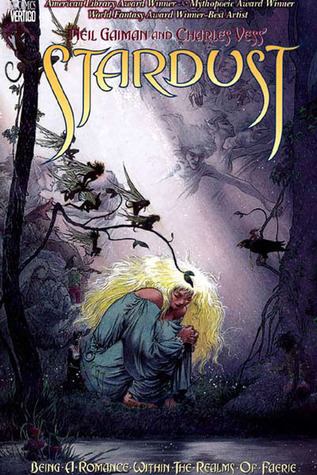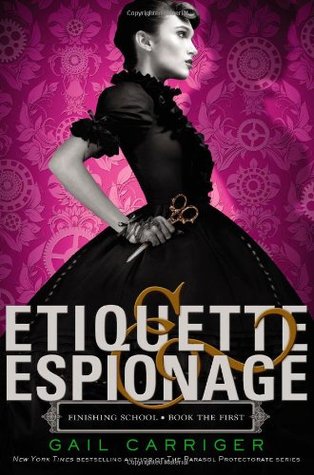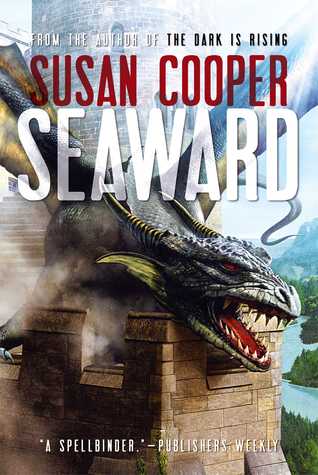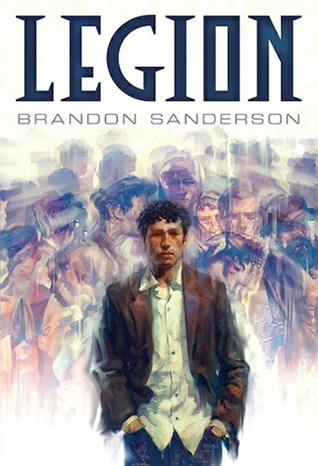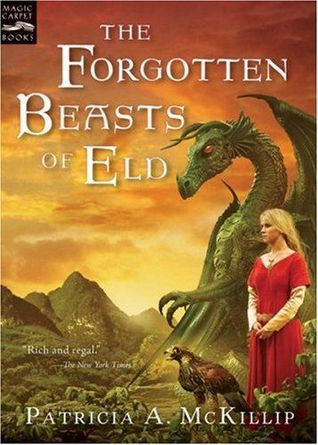 The Forgotten Beasts of Eld, Patricia A. McKillip
The Forgotten Beasts of Eld, Patricia A. McKillip
Somehow, from the midst of feeling dreadful because of this cold, I realised that what I really wanted to read was something by Patricia McKillip. It’s so strange how I disliked the first book of hers I read; I feel like I appreciate her work more with each book I do read. And this one… it’s fairytale-like, mythic — a review on GR said ‘parable like’, and yes: that too. It’s full of epic fantasy elements but the real struggle is between taking revenge and being true to who you really are and those you love. (The phrase “being true to yourself” sounds annoyingly cliché, but I can’t think of another way to put that without quoting the whole book.)
McKillip’s writing is gorgeous, and works well with the character she’s chosen — a girl who has not been loved, does not know how to love; who hasn’t been among people to be drawn into loves and hatreds. And in the course of the book she does learn, and she struggles with it… There’s a coolness to the book, like a mountain stream; an aloofness that you can get with distance from something, but toward everything. I can understand why some people disliked it for that very thing, but for me it perfectly matched the subject.
I like high fantasy, but since so much of it draws from the same well as Tolkien, there’s something all too real about it sometimes. This book, the character of Sybel, are closer to real magic for me, in the same way that the contemplative parts of Ursula Le Guin’s Earthsea books (the sleeping man with the thistle growing by his hand…) come closer to real magic for me than all the magic rings and restless shades in the world.
And one last thing to love: I adore the way that the relationship between Coren and Sybel works out. That it has to be worked on, from both sides, that it’s not always matched.
Rating: 4/5

